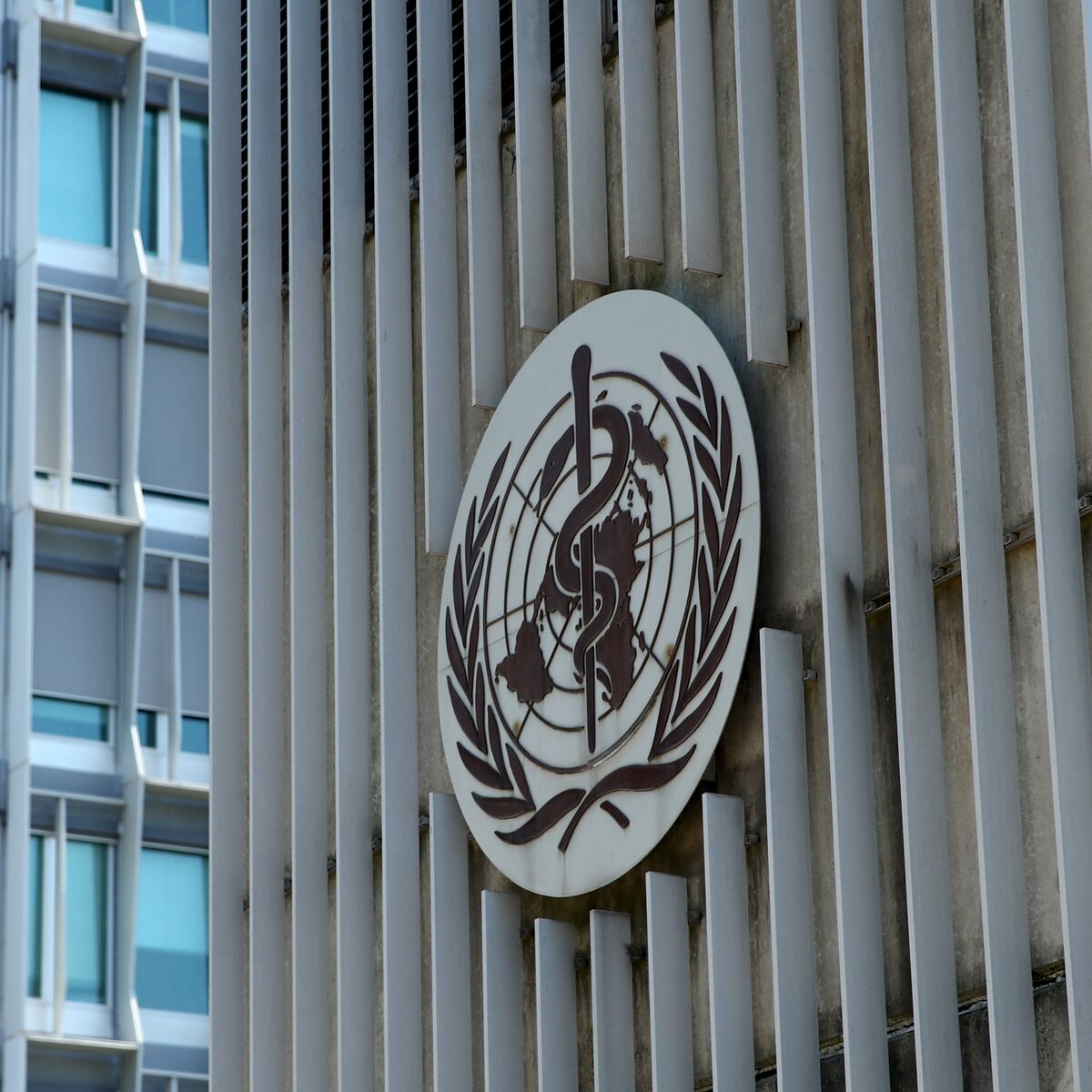WHO members agree on global pandemic preparedness deal

The agreement is being viewed as a major success for the WHO, especially at a time when global organisations have faced challenges due to cuts in foreign aid.
The World Health Organisation (WHO) has announced that its member states have reached an agreement to strengthen global preparedness for future pandemics, following more than three years of negotiations.
The legally binding agreement aims to improve the world’s response to new disease outbreaks.
It was developed in response to the Covid-19 pandemic, which claimed millions of lives between 2020 and 2022 and exposed serious gaps in international health systems.
The new deal outlines steps to help prevent future pandemics and boost cooperation between countries.
It includes plans to create a system for sharing samples of pathogens and distributing the benefits fairly. It also calls for stronger research capabilities across different regions of the world.
Another part of the proposal is to build a global supply chain and logistics system to ensure that essential medical supplies can reach countries quickly during health emergencies.
In addition, the agreement calls for stronger health systems that are better prepared to detect and respond to outbreaks.
"After more than three years of intensive negotiations, WHO member states took a major step forward in efforts to make the world safer from pandemics," the health body said in a statement.
The agreement is being viewed as a major success for the WHO, especially at a time when global organisations have faced challenges due to cuts in foreign aid.
The WHO itself has been affected by reduced funding from major donors, including the United States.
The US had initially joined the discussions but pulled out earlier this year.
President Donald Trump signed an executive order in February withdrawing the United States from both the WHO and the pandemic talks.
Despite the US exit, the agreement has moved forward.
WHO officials said the proposal will be presented at the World Health Assembly policy meeting in May for formal consideration.
Health experts have praised the move as a sign that global cooperation remains strong.
"This is a historic moment and a show, that with or without the US, countries are committed to working together and to the power of multilateralism," said Nina Schwalbe, the founder of global health think tank Spark Street Advisors, in an interview with Reuters.
The deal is designed to make sure that the world is not caught off guard by another pandemic.
By improving communication, research, and the supply of health tools, WHO members hope to be better prepared for the future.
